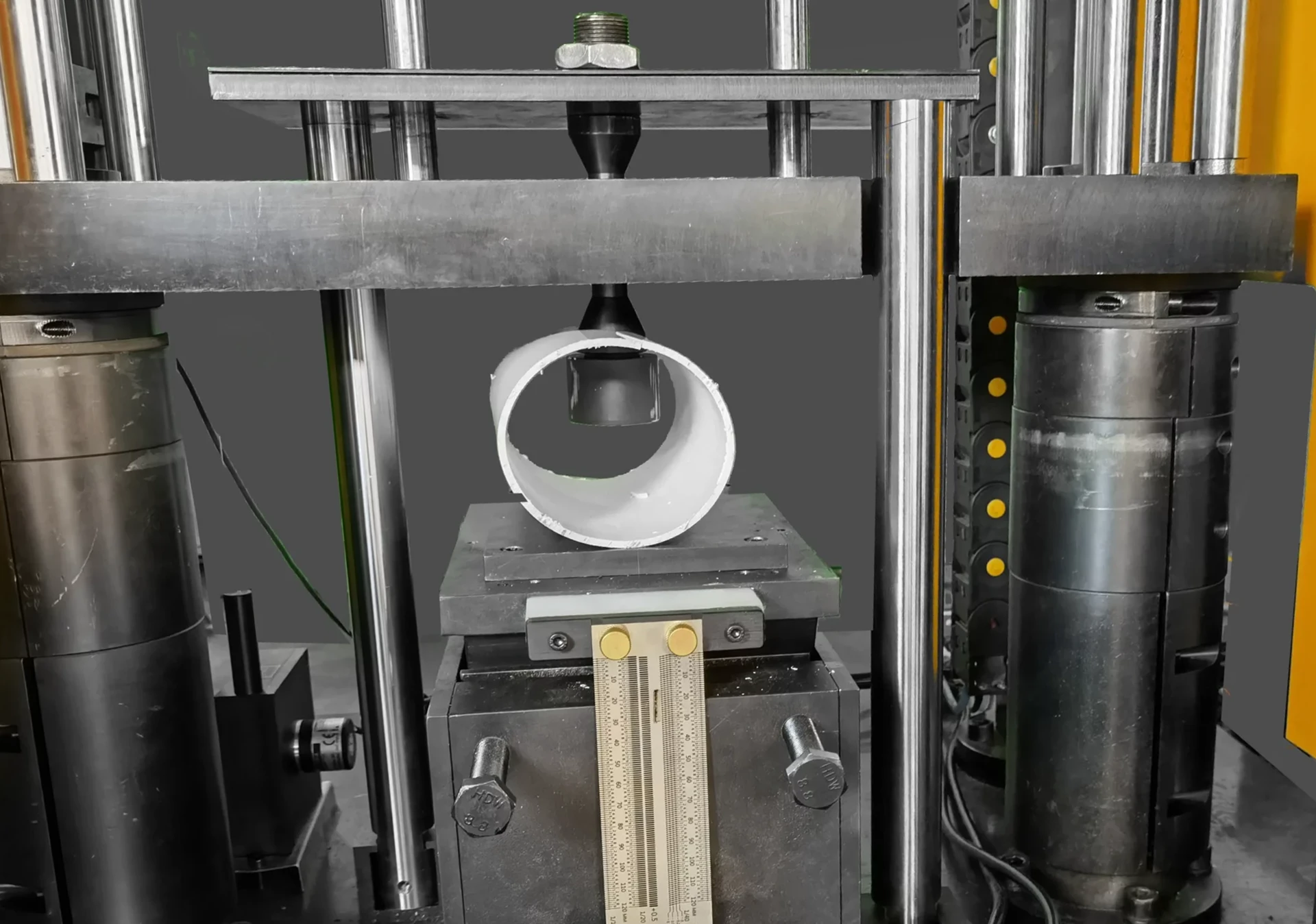ISO 2248-9 Rotational Free-Fall Test
The ISO 2248-9 rotational free-fall test is a critical procedure for evaluating the drop and impact resistance of packaging materials. This standard is particularly important in sectors like consumer goods, pharmaceuticals, and electronics where product integrity must be maintained during transportation and handling.
This testing method simulates real-world conditions by exposing packages to controlled impacts from various angles and heights. The test aims to ensure that the packaging can withstand potential damage without compromising the contents' safety or quality. By following this standardized procedure, manufacturers and suppliers can meet regulatory requirements and enhance product reliability.
The ISO 2248-9 test involves placing the package on a rotating platform which is then dropped from a specified height onto a rigid surface. The rotation allows for multiple impact points, providing a more comprehensive assessment of the packaging's ability to protect its contents against impacts. This method ensures that the testing accurately reflects how packages might encounter various stressors during distribution and use.
The test parameters are meticulously defined in ISO 2248-9 to ensure consistency and repeatability across different laboratories. These include specimen preparation, equipment specifications, environmental conditions, and acceptable levels of damage. By adhering strictly to these guidelines, testing results can be relied upon as a true indicator of the packaging's performance.
One key aspect of this test is the choice of impact surfaces. A rigid surface is used to simulate real-world drop scenarios accurately. The impact angle and height are also critical factors that must be considered to ensure accurate replicability and meaningful results. Understanding these parameters helps in tailoring the tests to specific product needs, ensuring that the packaging meets not only regulatory standards but also practical requirements.
The ISO 2248-9 rotational free-fall test is widely used across various industries due to its effectiveness in evaluating packaging resistance against impacts. Its application spans consumer goods, pharmaceuticals, electronics, and more. This ensures that the products are protected from potential damages during transit, safeguarding both product integrity and customer satisfaction.
The standard's rigorous testing methodology helps manufacturers identify weaknesses in their packaging designs early on, allowing for timely improvements before they reach market. By incorporating this test into their quality control processes, companies can significantly reduce the risk of product damage and associated costs.
Benefits
- Enhanced Product Safety: Ensures that packaging can withstand real-world impacts without compromising the safety or quality of its contents.
- Regulatory Compliance: Meets international standards, ensuring compliance with regulatory requirements and reducing non-compliance risks.
- Improved Quality Control: Provides a standardized method for evaluating packaging performance, enhancing overall product reliability.
- Economic Efficiency: Identifies design flaws early in the development process, minimizing unnecessary costs and delays.
Industry Applications
The ISO 2248-9 rotational free-fall test finds extensive use in several industries, including consumer goods, pharmaceuticals, electronics, and food & beverage. These sectors require robust packaging solutions to protect their products during transportation and handling.
In the consumer goods industry, this test ensures that packages can withstand various impacts without compromising the safety or quality of the product inside. For pharmaceutical companies, it helps in safeguarding drug products from potential damage that could affect efficacy or patient safety. Electronics manufacturers also benefit from this testing method to protect delicate components during shipping and handling.
The food & beverage sector uses this test to ensure that packaging can maintain freshness and integrity throughout the supply chain. By adhering to ISO 2248-9, these industries not only meet regulatory standards but also enhance customer satisfaction by delivering products in pristine condition.
Environmental and Sustainability Contributions
The ISO 2248-9 rotational free-fall test plays a crucial role in promoting sustainability within packaging design. By ensuring that packaging can withstand real-world impacts, this test encourages the development of more durable and efficient packaging solutions.
Manufacturers who incorporate this testing into their product development process are better positioned to minimize waste and reduce environmental impact. This approach supports the creation of packaging materials that are both robust and sustainable, contributing positively to environmental sustainability efforts.
The use of ISO 2248-9 also helps in reducing the overall carbon footprint associated with transportation by minimizing product damage during transit. By enhancing product integrity through rigorous testing, companies can reduce the need for additional packaging layers or materials, further promoting a sustainable approach to packaging design and production.





